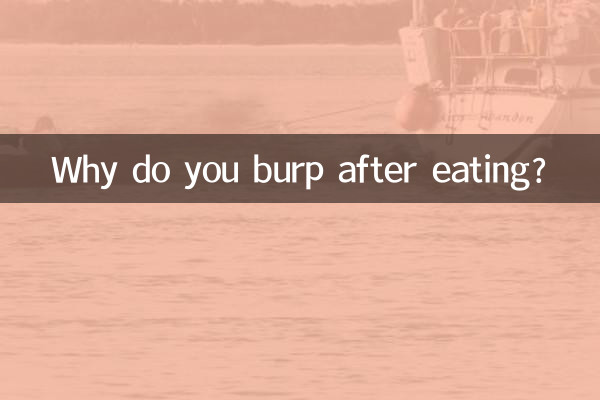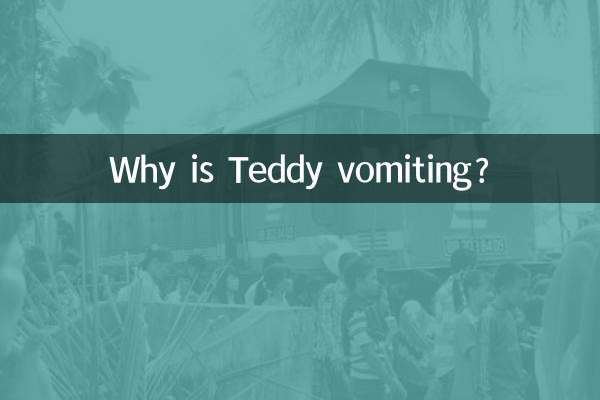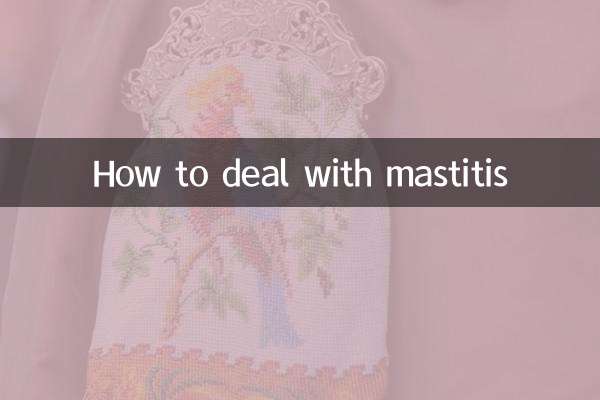Why do you burp after eating?
Hiccups are a common phenomenon in daily life, especially after meals. While hiccups are usually harmless, frequent or persistent ones can be uncomfortable. So what happens when you burp after eating? This article will combine the hot topics and hot content on the Internet in the past 10 days to analyze the causes, classification and coping methods of hiccups from a scientific perspective.
1. Scientific explanation of hiccups

Hiccups, medically known as "hiccups", are caused by the involuntary spasm and contraction of the diaphragm (the muscle between the chest and abdominal cavity), causing the glottis to suddenly close, thus making a "burp" sound. Burping after meals is often related to eating behavior or food properties.
| type | reason | Common symptoms |
|---|---|---|
| Physiological hiccups | Eating too fast, swallowing air, spicy food irritation | Temporary and self-relieving |
| pathological hiccups | Gastroesophageal reflux, nerve damage, metabolic abnormalities | Lasts more than 48 hours and is accompanied by other symptoms |
2. Common causes of hiccups after meals
1.Eating too quickly or too much: Eating quickly can lead to swallowing too much air and stimulate diaphragm spasm.
2.food properties: Spicy, carbonated drinks, alcohol and other foods may directly irritate the digestive tract.
3.stomach bloating: Gas produced during digestion may be expelled through burping.
4.gastroesophageal reflux: Acid reflux may irritate the phrenic nerve and cause hiccups.
| inducement | Specific performance | Prevention advice |
|---|---|---|
| Swallowing air | Talking while eating, chewing gum | Chew slowly and avoid talking while eating |
| irritating food | Chili peppers, onions, carbonated drinks | Reduce intake |
| Stomach disease | Acid reflux, heartburn | Seek medical examination promptly |
3. How to relieve hiccups after meals
1.Breath-holding method: Take a deep breath and hold it for 10-15 seconds, repeat several times.
2.Drinking water method: Bend over and drink a few sips of warm water to relieve spasms by changing the position of the diaphragm.
3.scare method: Sudden startle may interrupt the hiccup reflex arc (use with caution).
4.Press acupoints: Gently press the Neiguan point on the inside of the wrist.
4. When Do You Need Medical Treatment?
Most hiccups will go away on their own within a few minutes to a few hours. However, if the following situations occur, it is recommended to seek medical treatment in time:
- Hiccups lasting more than 48 hours
- Accompanied by chest pain, vomiting, and weight loss
- Affect eating or sleeping
5. Recent relevant hot spots across the entire network
In the past 10 days, the discussion about "hiccups" has mainly focused on the field of health science popularization. The topic "Hiccup First Aid Method" on a short video platform has been viewed 12 million times, and the topic #chronic hiccups may be a sign of disease on Weibo has been read more than 8 million times. Medical experts warn that although hiccups are common, long-term hiccups that do not heal may indicate neurological or metabolic problems.
Through the above analysis, we understand that hiccups after meals are mostly physiological phenomena and can mostly be prevented by adjusting eating habits. If hiccups are frequent or persistent, it is recommended to record the episodes and seek medical attention promptly.

check the details

check the details